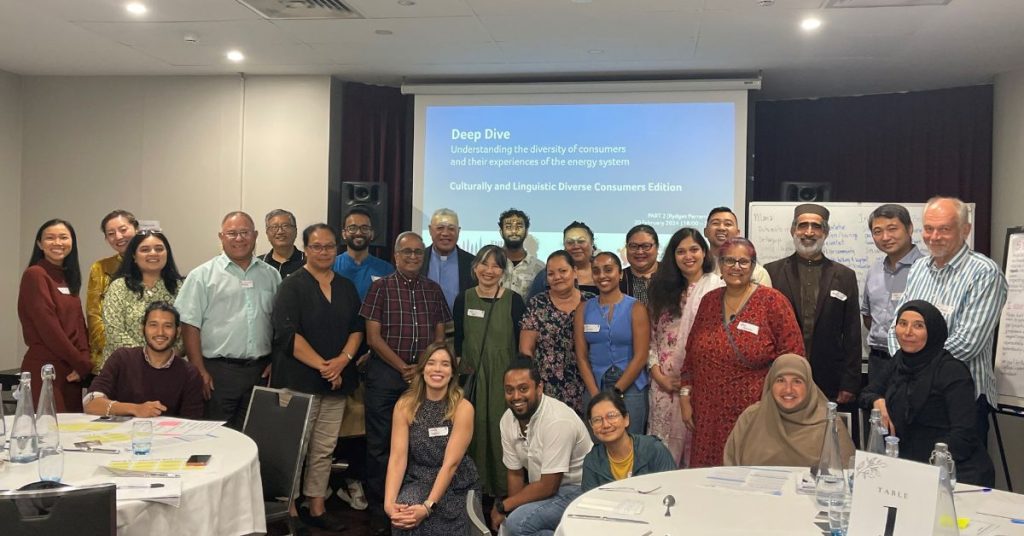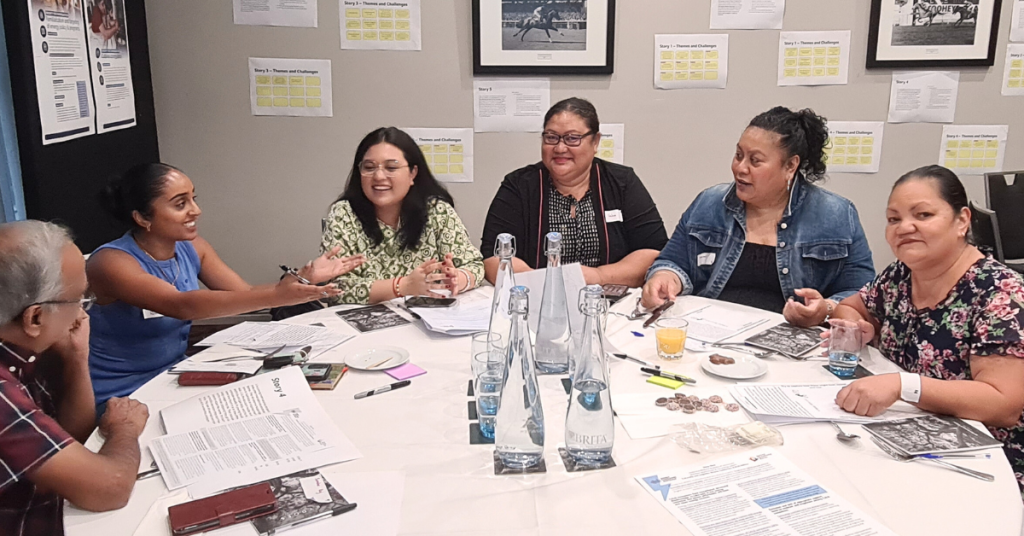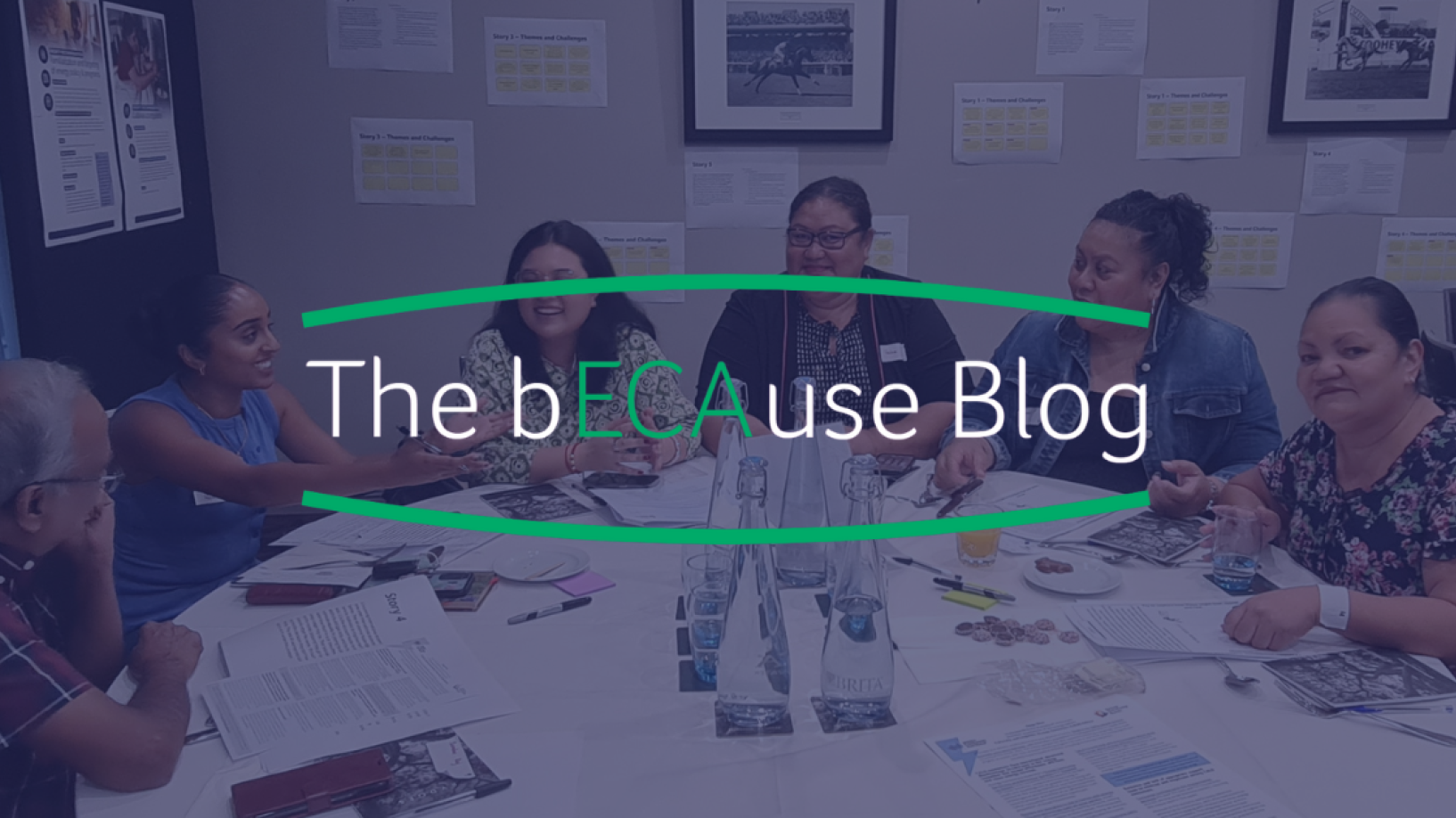People from culturally and linguistic diverse (CALD) backgrounds represent about a quarter of Australia’s population. That’s what makes us a vibrant country. But CALD consumers often experience additional barriers that prevent them from taking part in the energy transition and engaging with the energy market.
Our Household Energy Information research (PDF, 2.13MB) shows that CALD consumers:
- are more likely to be renting and living in share households or apartments;
- are less confident they know how to manage their energy usage;
- find it harder to locate and understand accurate energy-related information; and
- are more likely to think it takes too much effort to make changes and make their homes more energy efficient.
Our Stepping Up report also found households living in rental properties and apartments face some of the biggest challenges to going all-electric and benefitting from the energy transition.
That’s why we partnered with Sydney Community Forum on an exciting research project—we called it a Deep Dive—to explore CALD communities’ priorities, concerns, and expectations about our energy future. And our key finding? We must go beyond just understanding the problem, and co-design solutions with CALD communities to help ensure an energy transition that is equitable.
Insights from a Deep Dive with CALD energy consumers
Catch up on our webinar, where we dig deeper into the key findings from the report.

CALD people are eager to discuss with governments, industry, and other decision-makers what an inclusive and equitable energy transition means and how to get there, so that no one is left behind.
The report has four key recommendations to address the barriers faced by CALD households in the energy transition. We will discuss two of these here:
1. CALD consumers want to have agency and feel supported to take action in Australia’s net zero journey through a transition narrative that reflects their priorities, needs, concerns and values
The harm caused by energy inefficient housing was a major concern raised in the workshop discussions. Participants shared their own experiences of coping with extreme indoor temperatures during heatwaves, the negative effect that had on their health, as well as the resulting high energy bills from greater reliance on air conditioning. They also talked about their lack of power to act as renters and were concerned that asking for improvements would lead to higher rents.
A healthy home prevents illness: “Better quality, thermally efficient and healthy houses prevent illnesses. House is a determinant of health. We need to identify, acknowledge and address the discrimination inherent to households that suffer with unaffordable energy bills and hot unhealthy homes.”
Workshop participants strongly supported reforms to make it easier to understand the energy efficiency of a home and wanted landlords and real estate agents to be more responsive and helpful.
Participants also want Federal, State and Territory governments to advance housing reforms to improve the energy efficiency of all Australian homes. This includes mandatory disclosure on energy efficiency when leasing and selling; improving the energy efficiency of new and existing homes; and enforcing minimal energy efficiency standards for rentals.
This aligns with previous research by ECA.
2. CALD consumers must be able to access the services, information and support they need in a language they prefer through the sources they trust.
The complexity of Australia’s energy retail market is something that even those who work in the energy space find hard to understand. Consumers are bombarded with excessive, complicated and uncoordinated information about how to reduce their energy bills. And it often comes from sources they don’t trust.
And for migrants, unfamiliarity with Australian consumer rights, energy industry jargon, and energy retailer options can make it really difficult for people to make informed choices that work for them.
The lack of in-language and culturally sensitive materials can further hinder people’s ability, especially if they’re not proficient in English, to make well-informed decisions. This can result in CALD consumers missing out on energy-saving opportunities.
Trust is key for bringing everyone along on the net zero journey. Relying on the strong social networks that CALD households develop within their communities is an avenue for effective engagement. Australia’s many migrant community associations and local networks are an overlooked, but powerful, trust channel to promote engagement and build relationships with CALD consumers.
Strengthening CALD engagement and education through grassroots organisations can provide safe and trusted spaces for community members to share their concerns, build their confidence to take part in the journey to net zero, and provide partners for industry and government to co-design solutions.
The Deep Dive participants recommended that the Commonwealth Government should pilot a mobile Community Energy Hub with Sydney Community Forum by December 2024. The Voices for Power Train the Trainer Program shows this model of a ‘one-stop-shop’ works for migrant communities and if the pilot is successful, we can use these insights to scale the pilot up.
The multiplier effect: “I work with new migrants, and I understand their struggles of trying to settle in a new country. Understanding the energy system and learning the skills of saving on energy bills are crucial to all migrants. I am privileged to share Voices for Power energy training with my community to support them gain the energy knowledge and build our confidence to get the best energy deal.”
Where to next?
Vulnerability in the energy system is contextual, not inherent. Our December 2023 sentiment survey suggests at least 82% of Australian households are likely to face one or more barriers to accessing efficient, reliable and affordable energy services.
Moreover, there’s a growing energy divide, and if the energy transition is not designed by and for all consumers, we risk creating more barriers, exacerbating the divide and leaving a lot of people behind on the journey to net zero.
Culturally sensitive, people-centred, tailored and localised solutions are required to ensure CALD communities are not left behind in Australia’s transition to a better, cleaner and more affordable energy future.
We need to embrace community-led initiatives and sustained place-based engagement with CALD communities to leverage the existing trusted relationships. This will also enable people to access the information and assistance they need, in the language they prefer, and in ways that suit them.
Ultimately, this means that CALD consumers will be confident in their decisions about energy, receive effective and tailored support when they need it, and can ensure that their homes and small businesses are climate ready and resilient.


